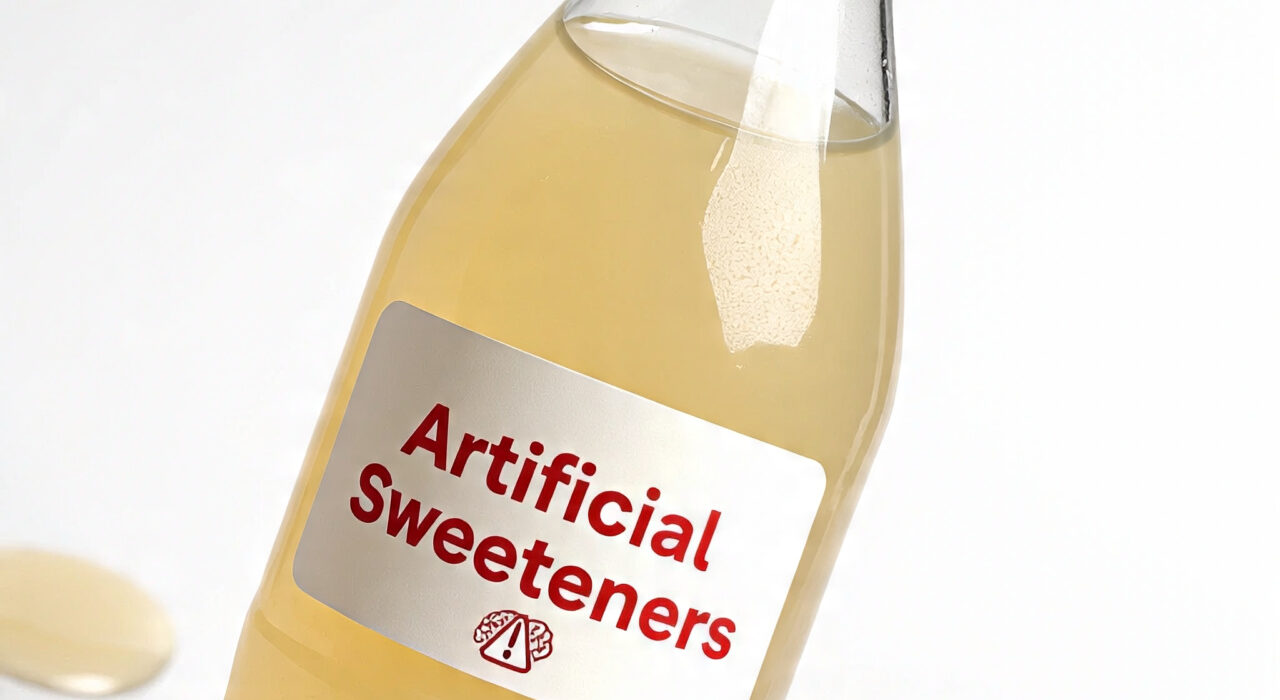Artificial Sweeteners in Diet Drinks Linked to Faster Brain Aging
São Paulo, Brazil — New research from Brazil suggests that popular sugar substitutes may carry hidden risks for brain health.
In a long-term study tracking more than 12,700 adults with an average age of 52, researchers found that individuals who consumed the highest amounts of artificial sweeteners experienced noticeably faster declines in memory and cognitive function. The effect was equivalent to approximately 1.6 years of additional brain aging.
The research team examined seven types of low- and no-calorie sweeteners commonly found in diet sodas, flavored waters, yogurts, and processed snacks. Except tagatose, higher intake of sweeteners—including aspartame, saccharin, acesulfame-K, erythritol, xylitol, and sorbitol—was linked to poorer cognitive performance, particularly in memory. The most pronounced effects were observed in individuals under 60 and those with diabetes.
“Low- and no-calorie sweeteners are often seen as a healthy alternative to sugar; however, our findings suggest certain sweeteners may have negative effects on brain health over time,” said lead author Claudia Kimie Suemoto, MD, PhD, of the University of São Paulo.
Although the study highlights a correlation, it does not prove that sweeteners directly cause cognitive decline. Researchers call for further investigation and recommend considering natural alternatives such as honey or maple syrup.






